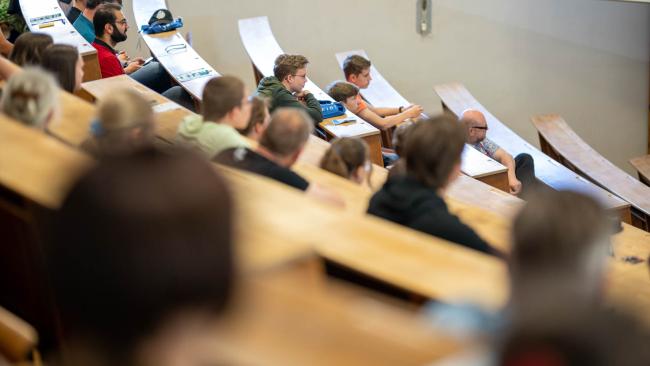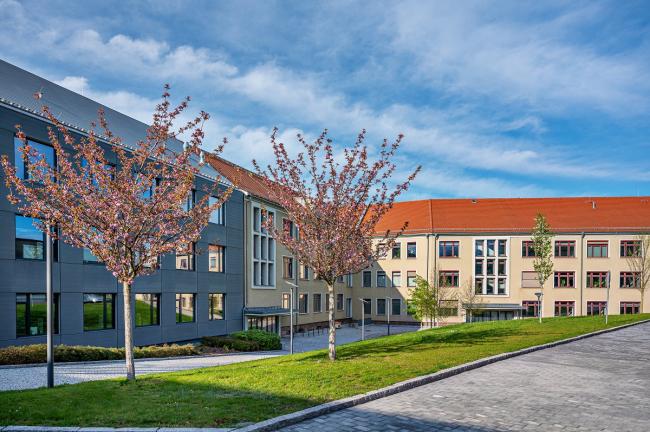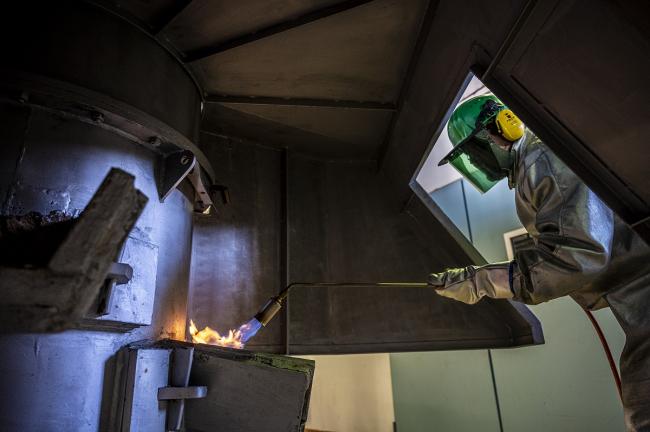- Home
- University
- Faculties
- Faculty of Materials Science and Technology
Image

Crispin-I. Mokry
Innovative materials and technologies
Materials are the foundation for a highly industrialised country like Germany at the heart of Europe. Industrial progress as we know it can only be secured through the further and new development of materials. Whether it's new and huge wind turbines, future quantum processors or the foundations of a detached house, everything starts with materials!
Scientists and students work hand in hand at the seven institutes of our faculty to develop innovative materials for the future. However, the focus is not only on the material as such - all process technologies from production, processing and testing through to recycling must also be (further) developed and mastered. Whether materials for new high-performance processors, super-light materials for aeroplanes, high-strength steels, alloys with shape memory effect or hip joints - the products of tomorrow must be designed to be lighter, more cost-effective, more ecological and more intelligent! The degree programmes at our faculty offer a unique combination of materials science and materials technology, the latter with a focus on manufacturing processes for metallic materials. In addition to lectures, students also gain initial practical experience through numerous internships in some of the largest, most modern and most traditional laboratories and pilot plants in Europe.
Whether in research or in industry - Freiberg graduates are respected and in demand worldwide.
Image

Crispin-I. Mokry
Study
Study programmes and courses offered of the faculty, study counselling
Image

Angebote
Angebote und Informationen für Schülerinnen und Schüler, Lehrerinnen und Lehrer
Image

Crispin-I. Mokry
Organisation
Dean's Office, Faculty Council, Study Commissions, Examination Boards
News
News
Practice-oriented, well organised & fast: top degree course for engineering and materials
TUBAF / C. Mokry
